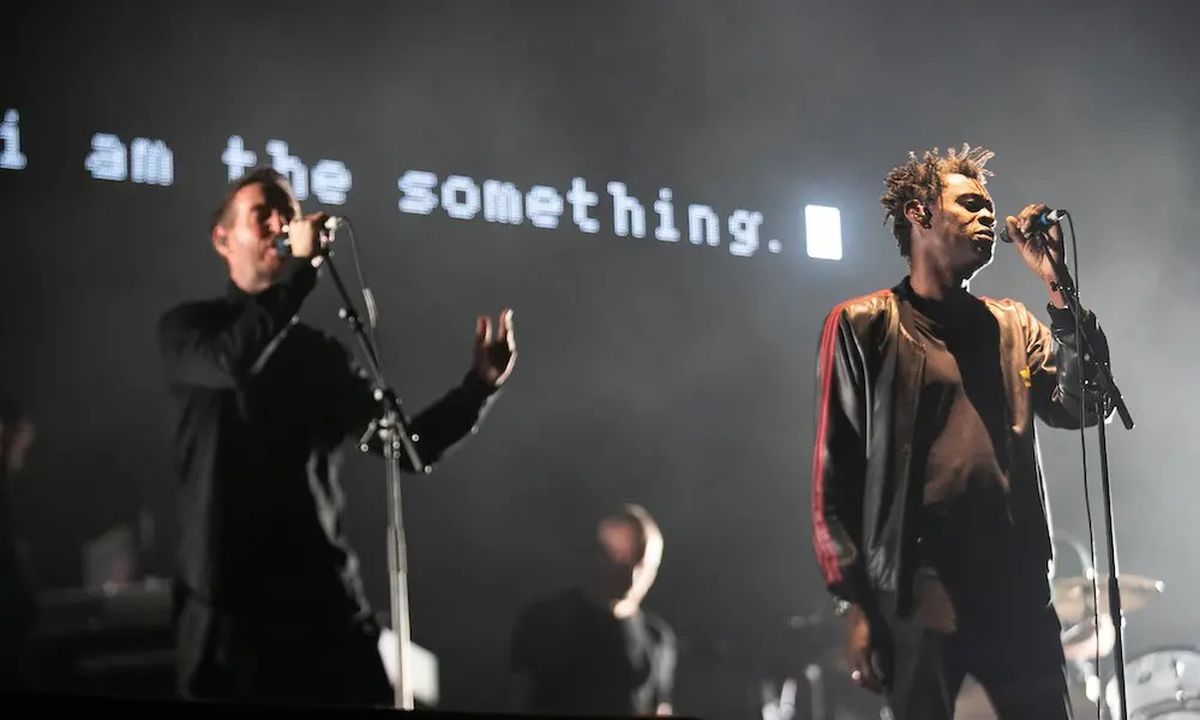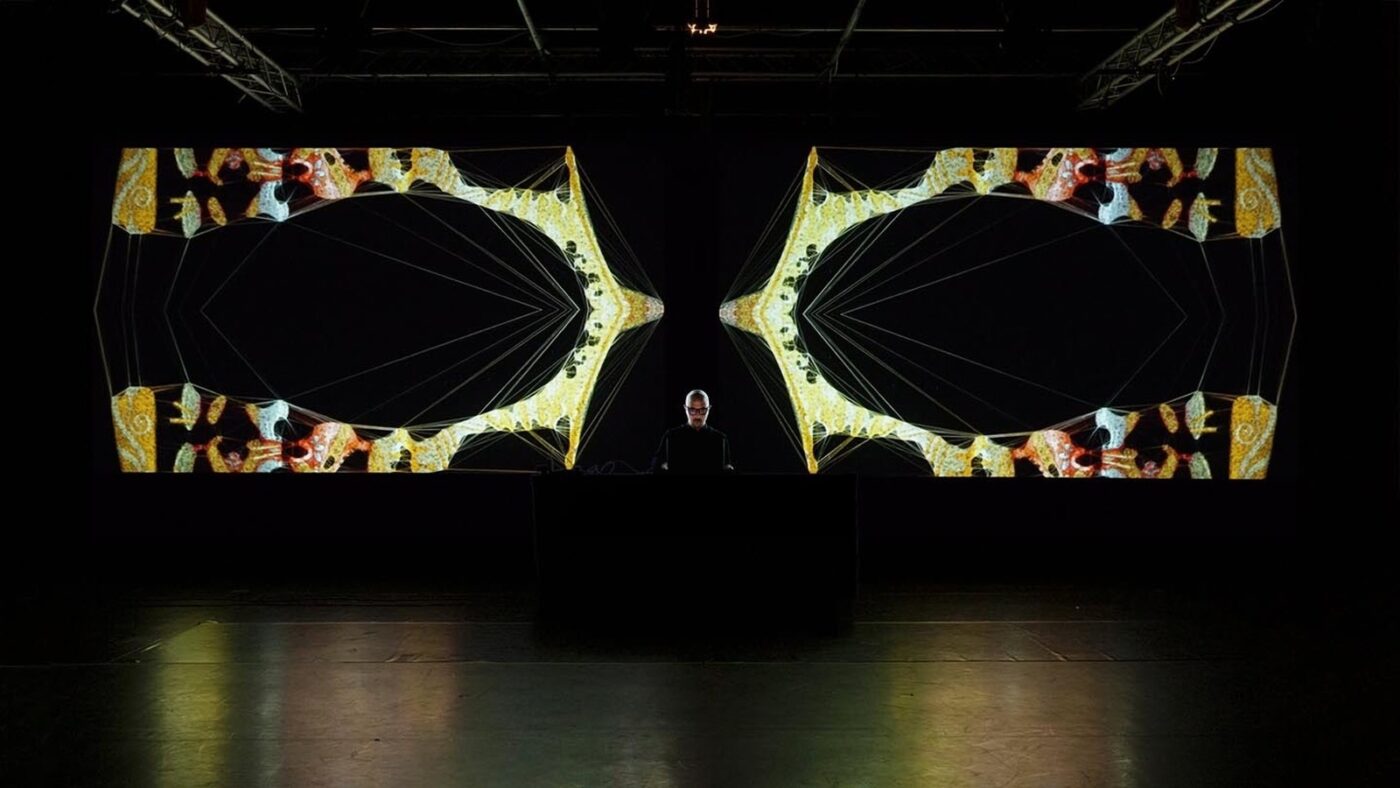Subtraction is always a risky luxury — but it’s a form of coherence
When Massive Attack announced they were pulling their music from Spotify, the news didn’t spark the kind of debate one might expect: no heated controversy, no viral outrage—just a widespread silence. Perhaps because such a gesture, in today’s world, doesn’t make noise: it doesn’t add to the stream, it subtracts. It removes.
And subtraction, today, is not part of the system.
There was no campaign, no new single, no sponsorship. Just a stark statement: our catalog will no longer be available on Spotify. The reason is ethical, and clear. It’s about the responsibility for what one feeds—even indirectly. It’s about the unacceptable idea that the revenue from a track—maybe born from intimate urgency, pain, or political vision—might end up, through cross-investments, funding military tech, predatory AI, or unregulated private companies.
And in the very moment they chose to step off the platform, they reminded us: the artistic act doesn’t end with the music—it lives on in the choices that surround it.
There’s something profoundly human in all of this. It’s not perfectionism. It’s not purism. It’s the tension of pursuing a difficult coherence. A coherence that requires sacrifice, because it’s much easier to stay, to publish, to belong, to profit, to accept. Subtraction is always a risky luxury.
And yet, some choose it. They always have.
Prince never authorized his music to be on Spotify. When streaming started to take over, he stepped aside. Just as he had done, years earlier, when he fought to own his masters, to control the sounds, the releases, the silences.
There’s a moment, recounted by Carlo Boccadoro, that says more than a thousand manifestos. Prince is nineteen, in the studio recording So Blue, a track from his debut album. The Warner execs want to add a bassline. He looks at them. Then snaps:
“This track doesn’t need bass. Get out of my studio!”
And he throws them out. He was nineteen.
It wasn’t an attitude. It was a mindset.
The same one that would lead him, six years later, to release When Doves Cry—a global hit without bass. A scandalous omission at the time. No foundation underneath. A broken rhythm section. Unstable.
And yet—it worked.
Not because it was genius, but because it was coherent. Because that track didn’t need it. And Prince knew it.
You have to be willing to risk failure to act like that. Willing to be mocked, seen as arrogant, lose contracts. But the gesture remains. And so does its trace.
And sometimes, traces build paths more lasting than strategies.
Piero Umiliani was never a pop star. But he too, when he realized the Italian music industry had no interest in his world, decided not to wait for it to change. By founding Liuto Records, he created an island: a studio, a label, an archive. Far from everything—but close to what matters.
No managers there. No algorithms. Just choices. And sounds that, for a long time, no one would hear. It wasn’t just experimentation. It was clarity.
It was the will to keep composing, even when no audience seemed to exist. On the surface. Because those who act this way know: if a message is real, it will find its way. Maybe not right away. Maybe elsewhere. But it will.
Umiliani did it because he wanted to trust what he released. And to trust it, he knew he had to control it. Not for power—but to protect the process.
Bach felt the same urgency. But in the 1700s. In Leipzig, he didn’t just write cantatas. He wrote letters. Complaints. Documents. He protested the quality of singers, the tuning of instruments, the limits of organs. But above all, he fought the bureaucracy that wanted to dictate what, how, and for whom he should write.
It wasn’t just pride. It was incompatibility. When he wasn’t allowed to change position, he signed a contract on his own. They arrested him. He spent days in jail. But he never went back.
Boccadoro writes that his artistic independence rose far above the norms of his time. He wasn’t a rebel.
He was a man who couldn’t accept that musical choices were made by those who had no ear.
Today, all this may seem far away. And yet, that same kind of tension still exists. It’s just harder to spot. In a system where everything is optimized, balanced, pre-published, the authentic gesture risks being erased.
The greatest risk? That we grow used to not deciding. That we always wait for someone else to take the first step. That every form of expression is measured in views and saves—long before intention.
Like a poorly calibrated audio compressor: the dynamics disappear. Every signal flattens. We stop hearing those who try to step outside the margins.
In this landscape, those who subtract aren’t hiding. They’re rejecting simplification.
Bach, Umiliani, Prince, Massive Attack—they have little in common, yet share this:
They don’t adapt.
They don’t let themselves be carried.
They don’t ask for permission.
And today, when everything demands to be everywhere,
perhaps the only truly free act is to choose where not to be.
Bibliography
Carlo Boccadoro, Bach and Prince: Parallel Lives, Mondadori, 2023
Massive Attack remove music from Spotify, The Guardian, September 2025
Liuto Records Archives, Original Catalog
Warner Bros. Studio Logs, For You Sessions
Historical Documents on J.S. Bach (via Boccadoro)
This article was produced with the support of AI tools, used for content organization and textual optimization. The sources, ideas and materials come from the archive and activity of the Dancity Association.
Hai un ricordo del Dancity?
Racconta la tua esperienza, carica foto e aiutaci a tenere viva la memoria collettiva!
Our project is independent and non-profit.
If you enjoy what we do, you can support us with a small donation.



